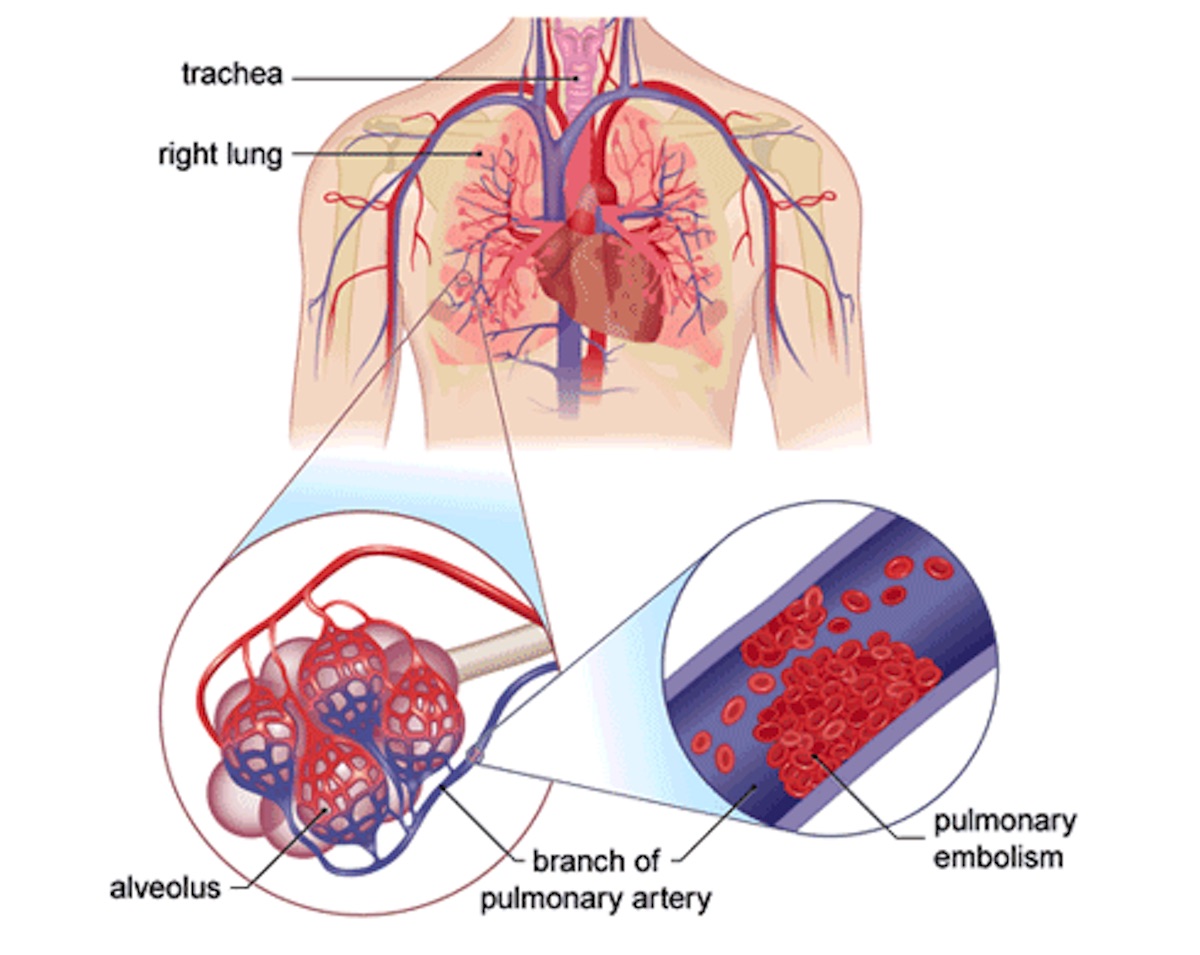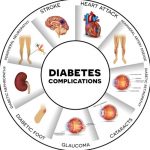Pulmonary Embolism

Pulmonary embolism, PE, is a life-threatening condition that develops when a blood clot, caused by deep vein thrombosis (DVT), forms deep in the veins of the leg and travels to the lungs. Pulmonary embolism is diagnosed in 60 to 80 percent of people suffering from DVT and is the third most common cause of death in hospitalized individuals.
When a pulmonary embolism occurs in an individual blood pressure increases. It is thought that this increase in blood pressure can cause atrial remodeling and enlargement, which in turn can develop into atrial fibrillation. In a study published by the Journal of Thrombosis and Hemostasis it was found that there is a strong trend suggesting a link between pulmonary embolism and atrial fibrillation.
More from Things Health
-
Warning Signs That You Might Have Heart Issues
Heart disease has both genetic and environmental components, as it tends to run in families but can also be impacted by your lifestyle choices such…
-
Atrial Fibrillation
Arrhythmias occur when there's a problem with the heart electric system. In case of atrial fibrillation, the outcome is the upper chambers of the heart…
-
8 Health Conditions Caused By Diabetes
Chances you know someone who has diabetes, as it is a common disease that affects millions of North Americans. The two types of diabetes are…
-
10 Causes of Chest Pain That Are Not Your Heart
For many, an experience of chest pain leads to panic and the assumption that it must be related to the heart, worst-case scenario being a…
-
Causes and Risk Factors for Fibromyalgia
Fibromyalgia is best known as a pain disorder. As with other conditions, it can influence people in different ways. Although many experts in the field…






